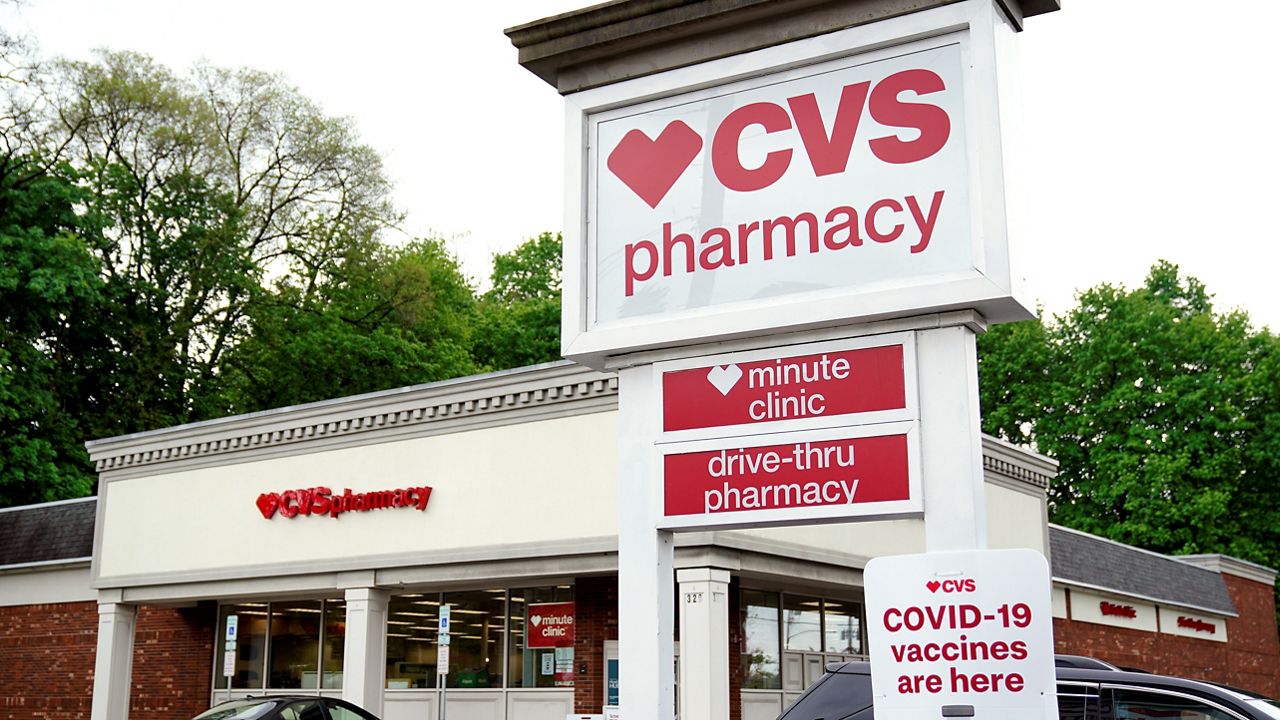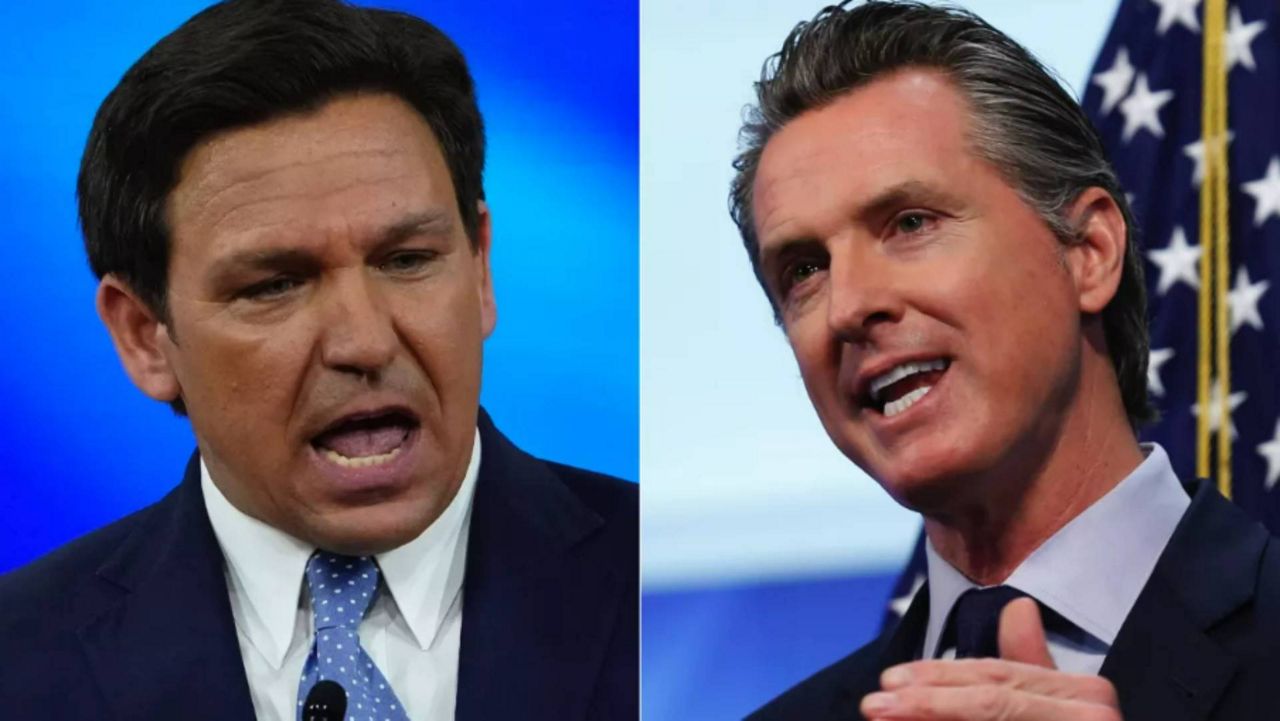CVS Health will close hundreds of drugstores over the next three years, as the retail giant adjusts to changing customer needs and converts to new store formats.
The company said Thursday that it will close about 300 stores a year for the next three years, nearly a tenth of its roughly 10,000 retail locations as it reduces store count density in some places.
CVS said it has been evaluating population changes, customer buying patterns and future health needs to “ensure it has the right kinds of stores in the right locations.”
No details about where the closing will occur were released by CVS Thursday.
The explosive growth of online shopping has blunted the need for customers to shop at the thousands of locations run by drugstore chains like CVS and Walgreens. That trend worsened at the start of the COVID-19 pandemic with so many customers hunkered down at home.
The company also has some overlapping stores, but GlobalData Managing Director Neil Saunders sees another big factor behind the shift announced Thursday.
Saunders believes CVS has neglected its retail business and pushed some of its locations “into the downward spiral of irrelevance.”
“Too many stores are stuck in the past with bad lighting, depressing interiors, messy merchandising, and a weak assortment of products,” Saunders said in an email. “They are not destinations or places where people go out of anything other than necessity.”
Drugstores have been redesigning their locations as they try to become known as more than just places to pick up prescriptions and cough syrup. They have become a key source of COVID-19 vaccines as well as annual flu shots.
They also are expanding the health care services they provide.
Aside from operating drugstores, CVS Health also sells health insurance and runs prescription drug plans for big clients like insurers and employers.
CVS Health said Thursday its stores will be grouped into three models.
Some will be traditional pharmacies that offer retail products as well as some health care services. Others will be dedicated to customer primary care, and the company will break out an enhanced version of its “HealthHUB” locations.
The company started introducing those stores a few years ago. They include health care workers like dietitians, community rooms for things like yoga classes, and the stores are geared toward helping customers monitor chronic conditions like diabetes and stay on top of their health.
CVS Health said Thursday that it expects to take an impairment charge of between $1 billion and $1.2 billion in the fourth quarter for the closures. That charge won’t affect the company’s earnings forecast.
Shares of Woonsocket, Rhode Island-based CVS Health Corp. rose 2% to $94.66 Thursday while broader trading indexes dipped.








